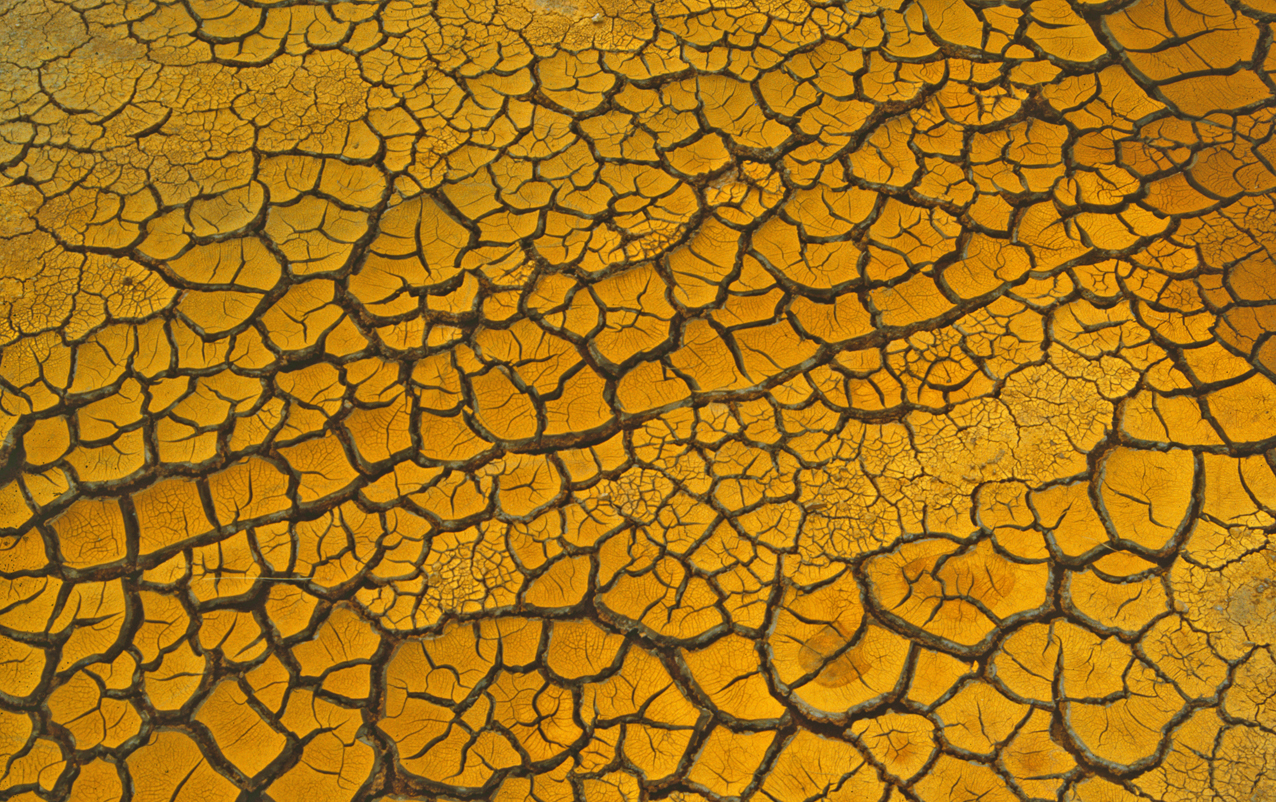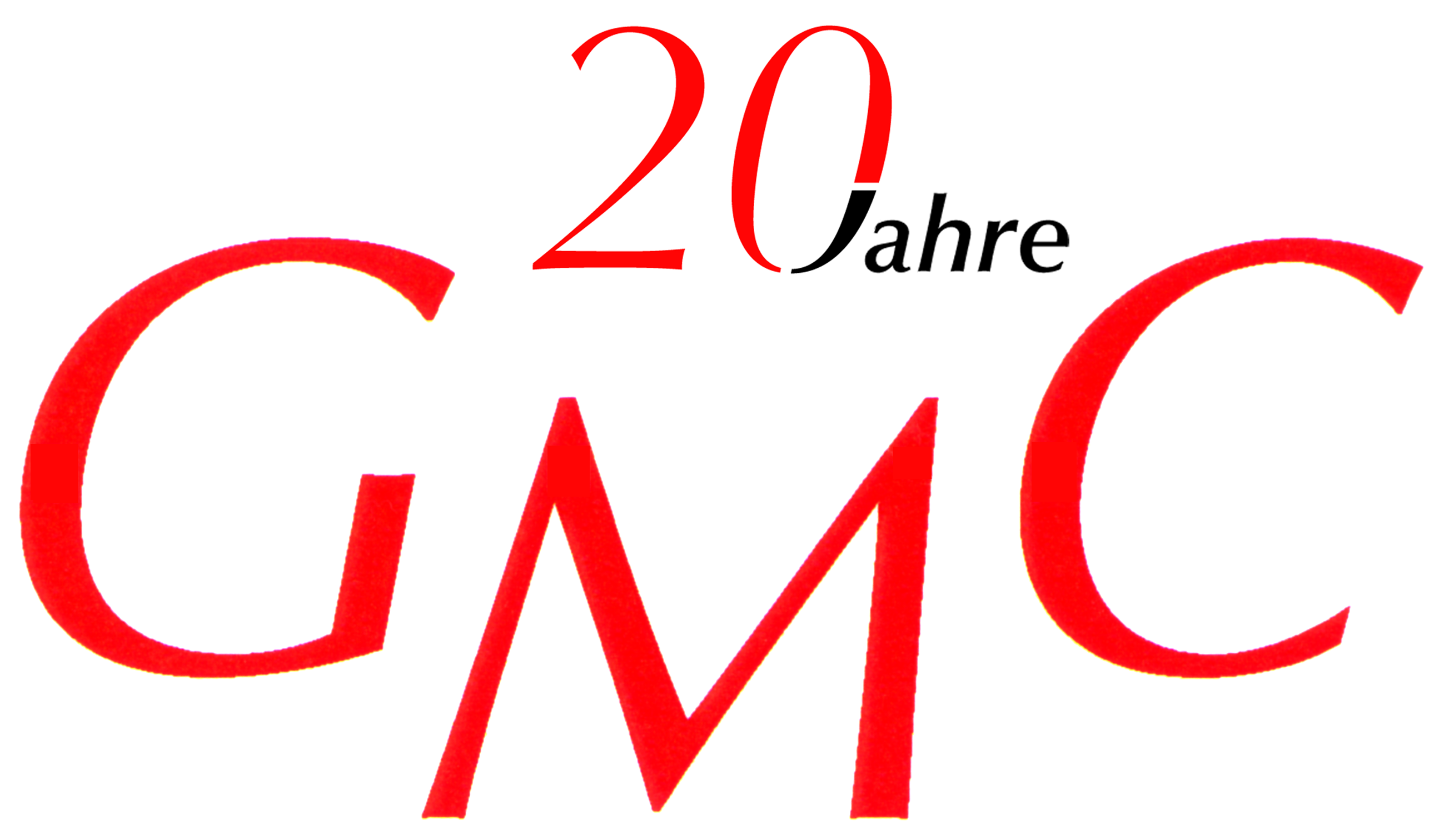
FOREWORD
The author, Gerd Michael Müller, born in Zürich in 1962, traveled as a photo-journalist to more than 50 nations and lived in seven countries, including in the underground in South Africa during apartheid. In the 80 years he was a political activist at the youth riots in Zürich. Then he was involved in pioneering Wildlife & eco projects in Southern Africa and humanitarian projects elsewhere in the world. As early as 1993, Müller reported on the global climate change and in 1999 he founded the «Tourism & Environment Forum Switzerland». Through his humanitarian missions he got to know Nelson Mandela, the Dalai Lama and other figures of light. His book is an exciting mixture of political thriller, crazy social stories and travel reports – the highlights of his adventurous, wild nomadic life for reportage photography .
(please note that translation corrections are still in progress and images will follow soon)
According to „Copernicus“, the decade from 2011 to 2020 was globally the hottest year since measurements began. In Europe, too, but especially in the Arctic, record values of up to six degrees above average were recorded in the period from 1981 to 2010. In 2020, the high temperatures are particularly extreme, as they occurred without an El Niño effect in the previous year. 2021 should see another temperature increase as a result of the La Nina effect, and this is despite the fact that we have now had a Covid-19 year of very limited air travel. CO2 increases are also certain to continue. The Arctic will continue to melt and if it comes to the „worst case“ scenario and the Atlantic roll stops moving as it has been, we are looking at dark times.
In view of the unfortunate fact that after more than 30 years of dithering and hesitating, denying and refusing, watching the destruction and looking the overwhelming facts almost inactively in the eye, living in the consciousness and with the bad conscience of doing even more overexploitation than ever before, each of us must now take the reins into our own hands and make substantial contributions. „Reduce to the max“ is the motto. In other words, reduce resource consumption at all levels. We are all in the same boat. Covid has impressively demonstrated this to us. There is no more time to lose. Therefore, it is only right that the climate movement and climate youth overtake or outflank the Greens on the left and demand a much faster and more consistent approach. Covid-19 is costing us trillions. Add a few trillion to transform the economy and we would have gained enormously.
We desperately need to avoid more pandemics, so any investment would be worth it. It is up to each of us to contribute to this, but it can no longer be done without drastic steps on an unprecedented scale. Long-established lifestyles will have to change dramatically. For example, in consumer behavior: less meat consumption, less packaging, less transportation and work, use ecological means of transport and promote bio-diversified, local cultivation everywhere, etc. In agriculture, drastically reduce pesticides and herbicides and create incentives for organic farming and consistently apply water protection. All subsidies for fossil energy production must be discontinued, and in air travel a high fuel tax must be introduced across the board, thus significantly reducing air travel. In the business world, introduce carbon footprint accounting in companies everywhere, promote sustainable building technology in construction, and take charge of the greening of cities. Meadows instead of green spaces, avoid soil sealing and in forestry, cultivate mixed-age and mixed-species forests.
Although 2020 saw a revival of the „Paris Coalition of High Ambition“ at the first virtual United Nations climate change summit, where 75 nations committed to the goal of „net zero“ emissions. Most nations are aiming for the goal by 2050. So far, however, only 75 of 197 nations have submitted new or increased climate targets. But only the UK and the EU have substantially increased their targets. For all other states, the ambitions are low. Far too low for the goals of the Paris climate agreement ever to be achieved. As a result, the „Coalition for Carbon Neutrality“ proclaimed by UN Secretary-General Antonio Gutierrez has a good 65 percent of the world’s CO2 emissions at its disposal, which could still rise if the financial pledges for the green climate fund of 100 billion Swiss francs per year are advanced. The key instrument is the carbon price, which is also recognized by the EU and is to rise steadily until 2030. In 2015, Nobel economics laureate William Nordhaus proposed the creation of a climate club that would draw mutual benefit from the sharing of climate protection and exclude free riders, as this is the only way to get out of the „prisoner’s dilemma.“
The coalition of the willing should concede the greatest possible benefits and advantages for its members. In this way, it would be possible to counteract the problem of benefits without making efforts and contributions of one’s own. The capital market would also be well advised to invest in sustainable and green products and resources and to rapidly phase out coal. For UN Secretary General Guttierez, this is an important step forward, but it is still not enough. We must not forget that the world is still on track for a global temperature rise of more than three degrees, which would be tantamount to a catastrophe, he said. In other words. We are still traveling at 180 kmh in terms of fossil fuel consumption.
A reduction in speed is needed. The Corona pandemic in particular has shown what is possible and can be mobilized in extraordinary situations. Patient Earth is lying in the intensive care unit, gasping for breath. It is high time to act and to implement drastic measures. For the Atlantic Meridional Overturning Current (AMOC) has also dramatically lost strength in recent decades. The ocean current is also known as the Gulf Stream and carries mild temperatures up to the Channel Islands, Ireland and Great Britain, further towards the Netherlands to western Germany and Scandinavia in the higher water levels even in winter. The Gulf Stream system moves almost 20 million cubic meters of water per second, about a hundred times the Amazon current,“ says Stefan Rahmstorf, a researcher from the „Potsdam Institute for Climate Impact Research“ on the importance of this climate system (PIK). is the initiator and co-author of a study published in spring 2021 in the journal „Nature Geoscience“.
Butterfly Effect: Hedge Funds, the Drivers of Wars and Climate Change
Let’s face it, financial markets are at the center of the economy, determining commodity and food prices around the world and dictating what happens around the globe. Hedge funds are the bane of food and water and commodity capitalism at its purest. Let’s take a closer look: In 2008, food and commodity prices rose sharply even though the world was in recession after the financial crisis. This shows that prices rose due to speculation and not due to increased demand. What started as the flap of a butterfly’s wings on Wall Street in 2010 went on to cause riots, wars and global refugee crises. The flapping of wings was triggered by then President Bill Clinton and National Bank President Alan Greenspan with the Commodity Modernization Act, i.e. the liberalization of markets that had been strictly regulated since the 1930s and limited the number of speculators. But from now on, anyone could speculate in commodities and food without limits.
As a result, the financial markets licked blood and Wall Street and hedge funds dictated events in the most vicious way. In the same year, Russia’s wheat crop was down more than 30 percent due to climate change and drought. Wall-street speculated on a shortage of supply and drove up the price of wheat by 50 percent, which led to the Arab Spring in Tunisia and Egypt because Egypt imported nearly 80 percent of its wheat from Russia. A rapid increase in food prices and a small increase in oil prices inevitably leads to conflicts and armed conflicts, scientists and mathematicians also noted.
Thus, in 2011, wars degenerated in Libya after the fall of Gaddhafi as well as in the Iraq war, both leading oil exporting states, fueling further conflicts in the region and triggering a conflagration that swept the entire Orient. So, too, did the unending war in Syria. This was triggered in turn by hedge funds and speculators on Wall Street and in London. They drove up the oil price massively because they were speculating on export losses. The butterfly’s wings have fluttered here, too, and so the deregulated markets have become an engine of chaos.
This speculation and the developments in the oil states also had even more far-reaching consequences. Due to the enormous rise in the price of petrodollars, Russia and Saudi Arabia, but also Venezuela, came to immense wealth and increased their military budgets and police forces either to suppress revolts at home or for further offensives. Russia in Syria, in Ukraine, and most recently in Crimea. In the case of Saudi Arabia, war came to a head in Yemen and in many other regions in the conflict between Shiites and Sunnis, meanwhile Iran, infiltrated the Middle East in its own way and pumped it full of its crude ideologies, weapons and fighters. The rise in oil prices was also the beginning of doom for Venezuela, which perished from the resource curse. Here, too, the speculators were ultimately the trigger and responsible for the streams of refugees from Latin America to the USA and from Africa and the Orient to Europe.
